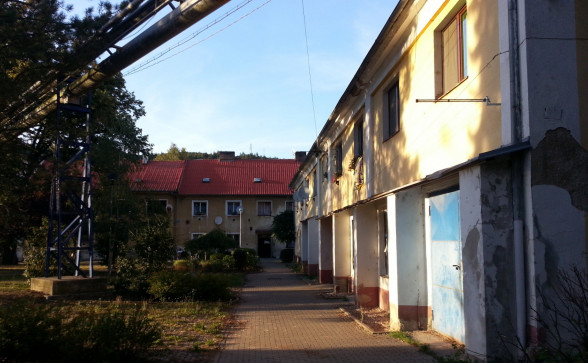CESCAME invites you to a series of three guest lectures on the city, sustainability, urban practices and politics, everydayness and informality and their potential for social change. In the first lecture, our guest Örjan Sjöberg will conceptually discuss the Sustainable Development Goals and the possible risks and conflicts between the social world and environmental goals.
Hot on the heels of the last year’s inaugural lecture and the online conference, CESCAME invites you to an exciting series of three guest lectures on the city, sustainability, urban practices and politics, everydayness and informality and their potential for social change.
The confirmed presenters are: Örjan Sjöberg (14 June), Alexa Färber (20 September), and Lela Rekhviashvili (12 October). The lectures and following discussions will be in English language.
The first lecture will take place 14 June 2022, 15:30 to 17:30 CET, at the Institute of Sociology of the Czech Academy of Sciences, room 207 and on Zoom. For both online and offline participation, please register here.
Örjan Sjöberg (Stockholm School of Economics) will talk about research co-authored with Lin Lerpold:
The missing link between climate action (SDG 13) and reduced inequalities (SDG 10): the urban dimension
A considerable and growing body of research focuses on the interlinkages between the Sustainable Development Goals (SDGs) under the United Nations Agenda 2030. One consistent finding is that synergies and trade-offs across the SDGs appear to exist. Although there is little agreement just how these synergies and trade-offs align, it is indicative of a need to think through that interdependence. This is also true of the interconnectedness of different types of SDGs. Thus, climate and environmental sustainability and social sustainability are often theorised and empirically depicted as separate challenges. We set out to explore the trade-offs and suggest ways forward for a more holistic understanding. Unlike the rapidly expanding body of quantitative assessments, we focus on conceptual issues. We do so because data-based approaches do not only yield conflicting results but are typically not in a position to discriminate between them. Instead, starting from a main assumption under SDG 8, namely if the SDGs focused on the social world are to be met with a measure of success, economic growth has to continue but without it increasing the ecological footprint of humankind. For now at least, evidence of such decoupling is patchy at best. We therefore inquire into the possible risk of environmental goals and targets under Agenda 2030 might come in conflict with those that address social equity. We illustrate what this might imply with reference to sustainable urban development.
The registration form can be found on the CESCAME website.






Newsletter
Facebook
X
Tweets by SociologickyNewsletter